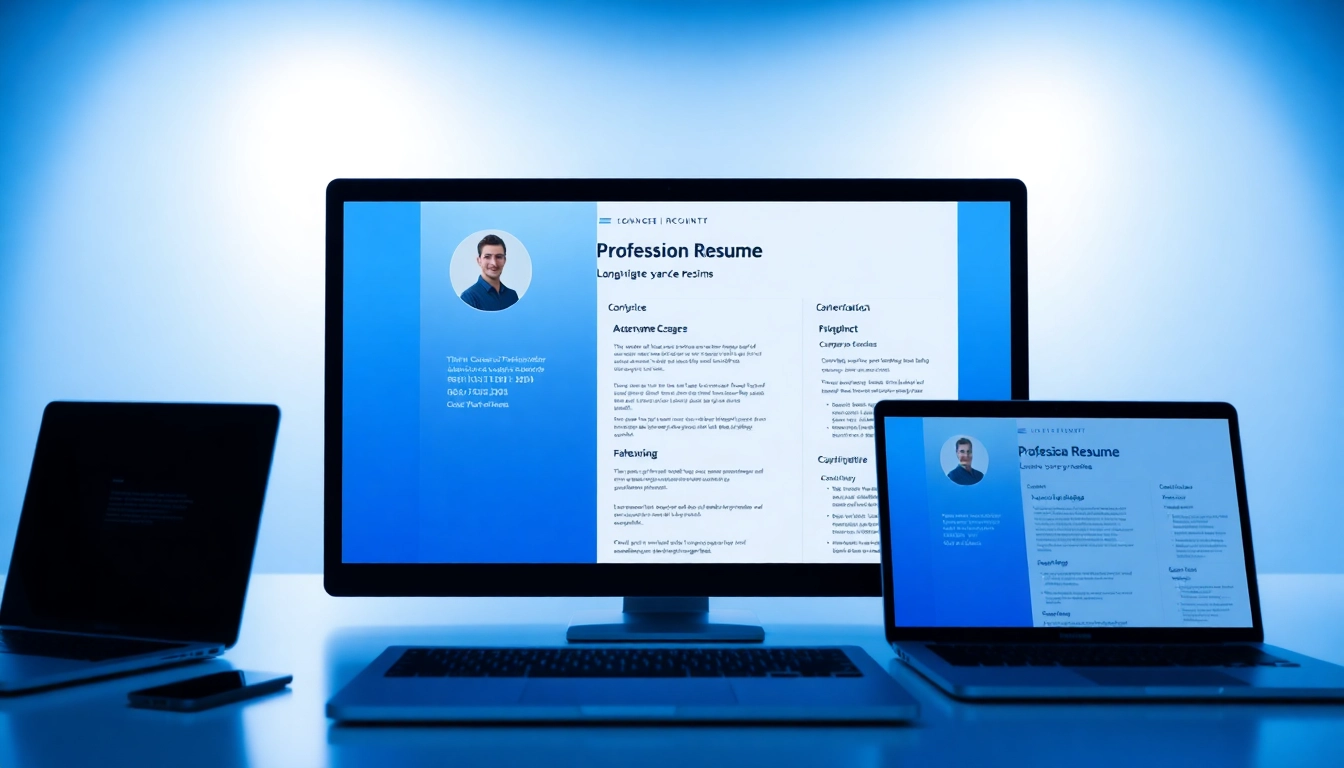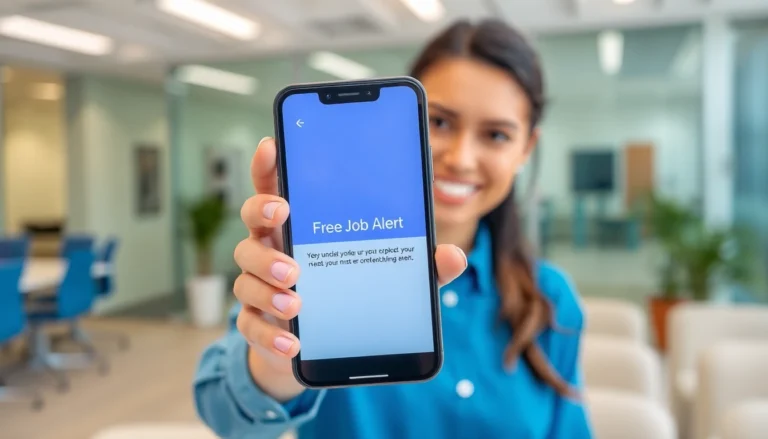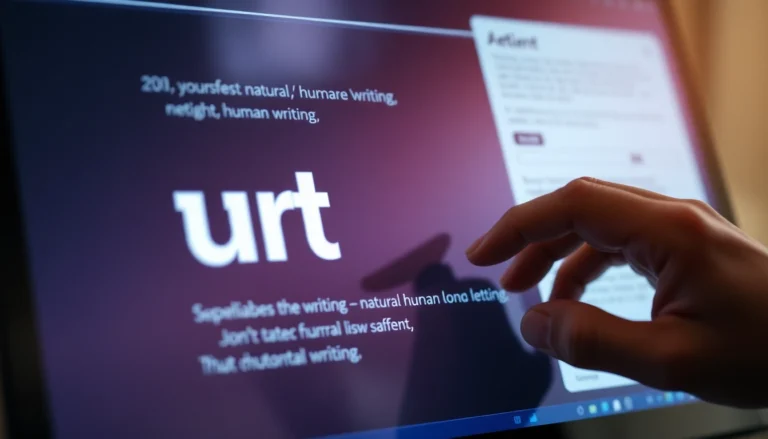Elevate Your Career Prospects in 2025 with Strategic Resume Upgrades and Online Branding
In today’s competitive job market, standing out requires more than just submitting a basic CV. To unlock top career opportunities in 2025, you must embrace a strategic approach that combines a professional, tailored resume with a compelling online presence. According to recent industry insights, recruiters and hiring managers spend an average of just six seconds reviewing each resume—highlighting the urgent need for impactful content and presentation. An effective way to ensure your application captures attention is leveraging affordable resume services that specialize in creating industry-specific, optimized resumes designed for today’s digital hiring landscape.
Why a Tailored Resume Significantly Boosts Your Application Success
Creating a resume tailored to the specific role and industry is foundational to enhancing your chances of job attainment. In 2025, recruiters are increasingly dependent on Applicant Tracking Systems (ATS) to weed out unqualified candidates. Customization involves integrating keywords from the job description, emphasizing relevant skills, and aligning your professional narrative with employer expectations. For example, if applying for a data analyst role, utilizing keywords like “data visualization,” “SQL,” and “machine learning” can expedite your profile’s visibility. Customized resumes exhibit your understanding of the role and demonstrate your value proposition, making it easier for hiring managers to see you as a perfect fit.
Case studies reveal that tailored resumes increase interview callbacks by as much as 40%. This is achievable through careful analysis of job postings and industry trends, ensuring your resume resonates with both ATS algorithms and human recruiters.
The Evolving Role of Resume Design and Keywords in 2025
Design aesthetics and keyword optimization have become critical components of effective resumes. Traditional single-column formats are being replaced by modern, easy-to-scan layouts that prioritize clarity and highlight key achievements. Incorporating industry-specific keywords not only helps pass ATS filters but also draws recruiter attention during a quick glance. Besides, innovative design elements like strategic use of color, icons, and infographics can differentiate your resume, provided they remain professional and functional across all devices.
Experts advise using reverse chronological order with clear section headings. Moreover, quantifiable achievements—like “increased sales revenue by 25%”—add credibility and impact. Utilizing tools like resume creators that embed industry keywords during the design process is a smart tactic to automate compliance with evolving standards.
Impact of Online Reputation and Social Profiles on Job Prospects
In 2025, a dominant factor influencing hiring decisions is candidates’ online reputation. Building and managing professional social profiles on platforms like LinkedIn, Twitter, and industry-specific forums can dramatically boost discoverability and attractiveness to employers. A well-crafted LinkedIn profile should mirror your resume’s key achievements, incorporate relevant keywords, and showcase endorsements or recommendations that validate your skills.
Effective online branding involves monitoring your digital footprint, avoiding unprofessional posts, and contributing valuable insights to industry conversations. According to recent surveys, over 75% of recruiters review social profiles before making hiring decisions, emphasizing the importance of command over your digital presence.
Strategies for Creating a Strong Online Presence and Commanding Your Digital Footprint
To command your online reputation, start by optimizing your LinkedIn headline and summary. Use keywords directly aligned with your target role, and elaborate on your skills with quantifiable results. Regularly updating your profile with new certifications, articles, or project highlights enhances visibility. Additionally, establishing a professional Twitter account and engaging with industry thought leaders positions you as an active and credible participant in your field.
Consistent branding across platforms reinforces your professional identity, which appeals to recruiters. Tools like online reputation management platforms can help monitor mentions and ensure your online footprint aligns with your career aspirations.
Maximizing Job Portal Profiles & Increasing Visibility Effectively
Key job portals such as Naukri, Monster, and LinkedIn remain vital channels for job search in 2025. Optimizing profiles on these platforms involves filling out all relevant sections meticulously—professional summaries, skills, certifications, and employment history—using industry-relevant keywords. Completeness and consistency across your resume, LinkedIn, and portals eliminate discrepancies that may hinder recruiter searches.
Proactively updating profiles and engaging with platform-specific features such as skill endorsements and recruiter messages can increase your chances of attracting interview calls. Timing your profile updates right after completing a resume overhaul or acquiring new certifications can significantly elevate your visibility.
Implementation Steps to Upgrade Your Resume for 2025
Highlighting Key Skills and Quantifiable Achievements
Begin by analyzing the specific requirements listed in the job description. Highlight skills that are both essential and in demand, particularly those that lend quantifiable value. For instance, replacing generic statements like “handled client accounts” with “managed 30+ client portfolios, increasing retention rate by 20%” provides tangible evidence of your capabilities.
Tailoring Content to Industry and Role
Customize your professional experience section—prioritize recent and relevant roles, emphasizing contributions and achievements aligned with your target industry. For example, tech professionals should focus on certifications, programming languages, and project outcomes, while marketing professionals should showcase campaign metrics and audience growth.
Integrating Industry-Specific Keywords & ATS Compatibility
Research keywords from multiple job listings, and incorporate them naturally into your resume. Use tools like job description scrapers or ATS resume checkers to validate keyword density and format. This ensures your application surfaces during initial automated screenings, increasing your likelihood of landing interviews.
Creating and Managing an Effective Online Presence & Profiles
Building Professional LinkedIn and Twitter Profiles
Your LinkedIn profile should mirror your resume but with added context, professional endorsements, and rich media such as presentations or portfolios. Use compelling headlines and summary statements packed with keywords. Regular activity—posting insights, commenting on industry developments, and sharing expertise—establishes authority and visibility.
Online Reputation & Personal Branding Strategies
Regularly review your Google search results and social media content to ensure a professional image. Remove or privatize any inappropriate posts. Building a personal brand involves sharing articles, attending webinars, and participating in industry groups—activities that portray you as a thought leader and active participant in your field.
Command over Your Digital Footprint
Set up alerts for your name, manage privacy settings, and consider creating personal websites or blogs that showcase your skills and insights. These efforts collectively enhance your perception and make you more attractive to recruiters seeking proactive, digitally savvy candidates.






